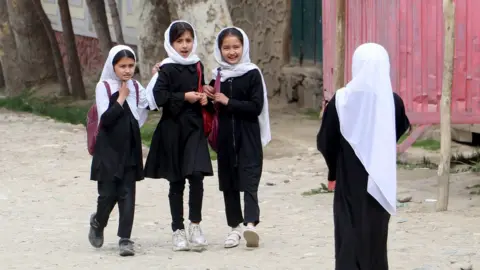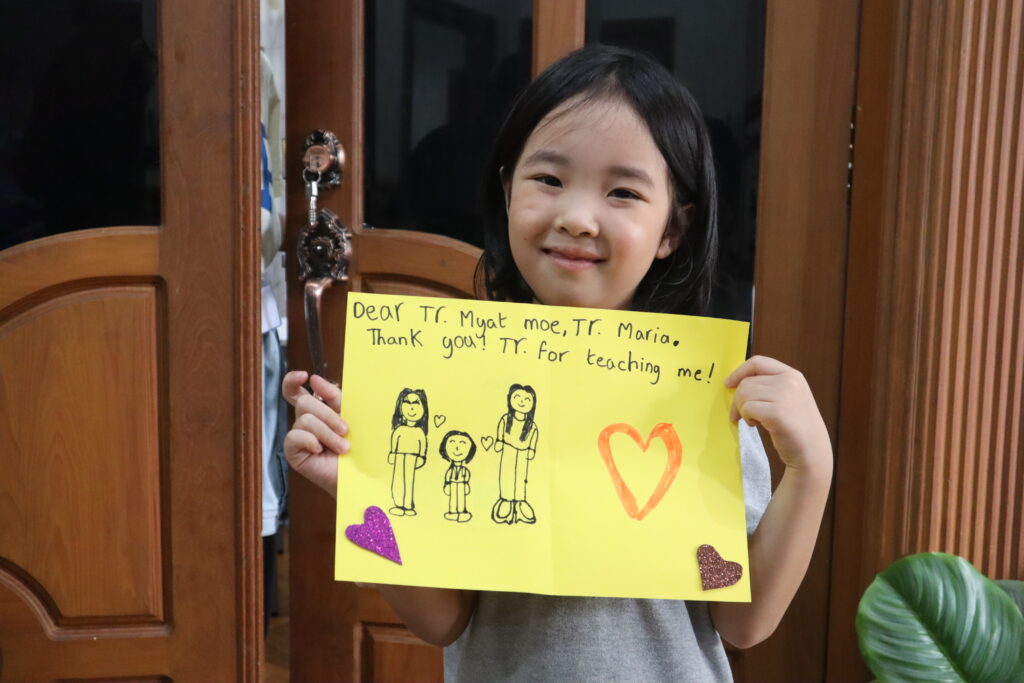“It is not an alternative to school,” her father says. “They will only teach her religious subjects.”
For now, she attends an English class being quietly run in her neighbourhood – one of many which have quietly emerged in defiance of the ban in the last few years. Girls have also been able to keep up their studies by following courses online, or watching programmes like BBC Dars – an education programme for Afghan children, including girls aged 11-16 barred from school, described as a “learning lifeline” by the United Nations last year.
Acting Deputy Education Minister Abdul Hakim Hemat later told the BBC that girls would not be allowed to attend secondary school until a new education policy in line with Islamic and Afghan traditions was approved, which would be in time for the start of school in March 2022.
 AFPGirls are allowed to attend school up until secondary under the Taliban
AFPGirls are allowed to attend school up until secondary under the Taliban
Two years later, Zainab – not her real name – is among the 330,000 girls Unicef estimates should have started secondary school this March. She had held onto hope that she and fellow girls in Grade Six would be able to continue, up to the point her headmaster entered the exam hall to explain they would not be able to return for the new term.
Zainab had been top of her class. Now, she tells the BBC: “I feel like I have buried my dreams in a dark hole.”
Zainab’s father has attempted to leave Afghanistan, but so far without success. Officially, Zainab’s only option is classes at government-controlled religious schools, or madrassas – something the family do not want.




Hi, this is a comment.
To get started with moderating, editing, and deleting comments, please visit the Comments screen in the dashboard.
Commenter avatars come from Gravatar.